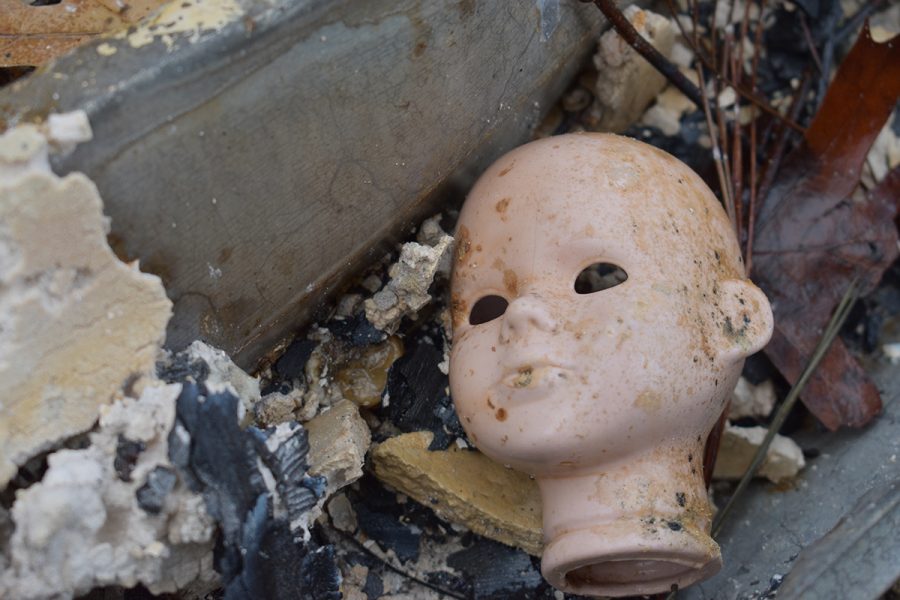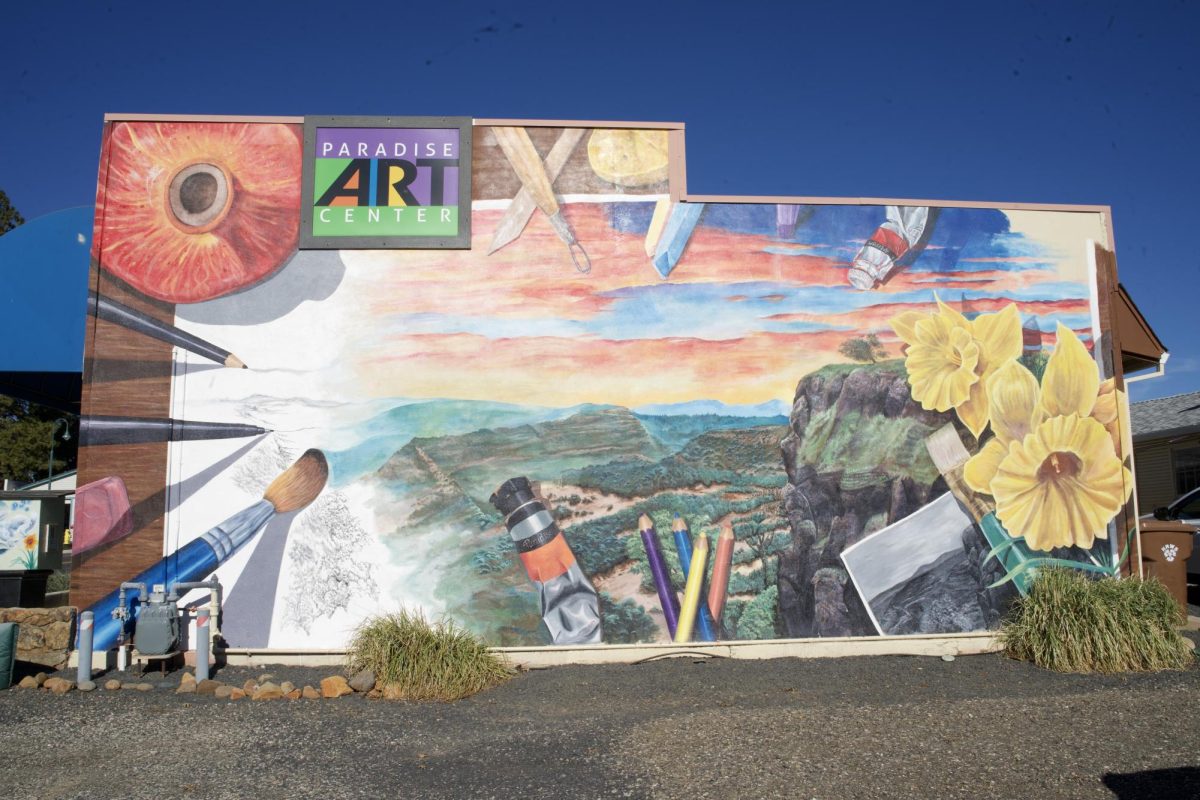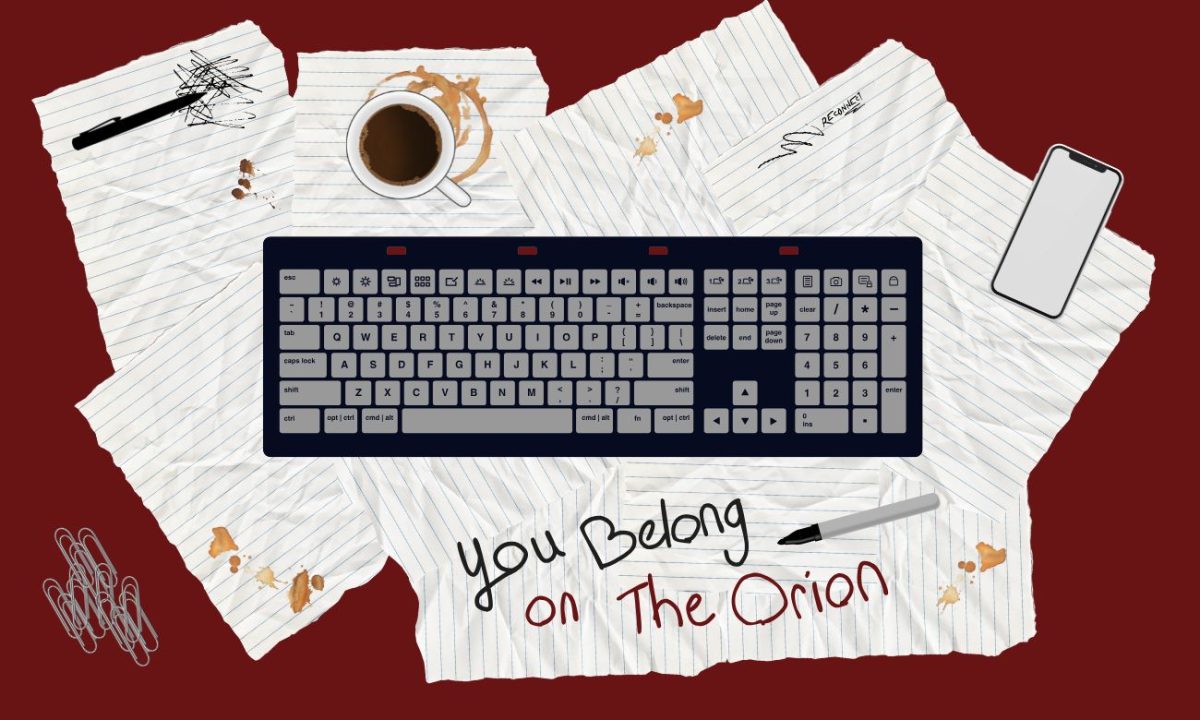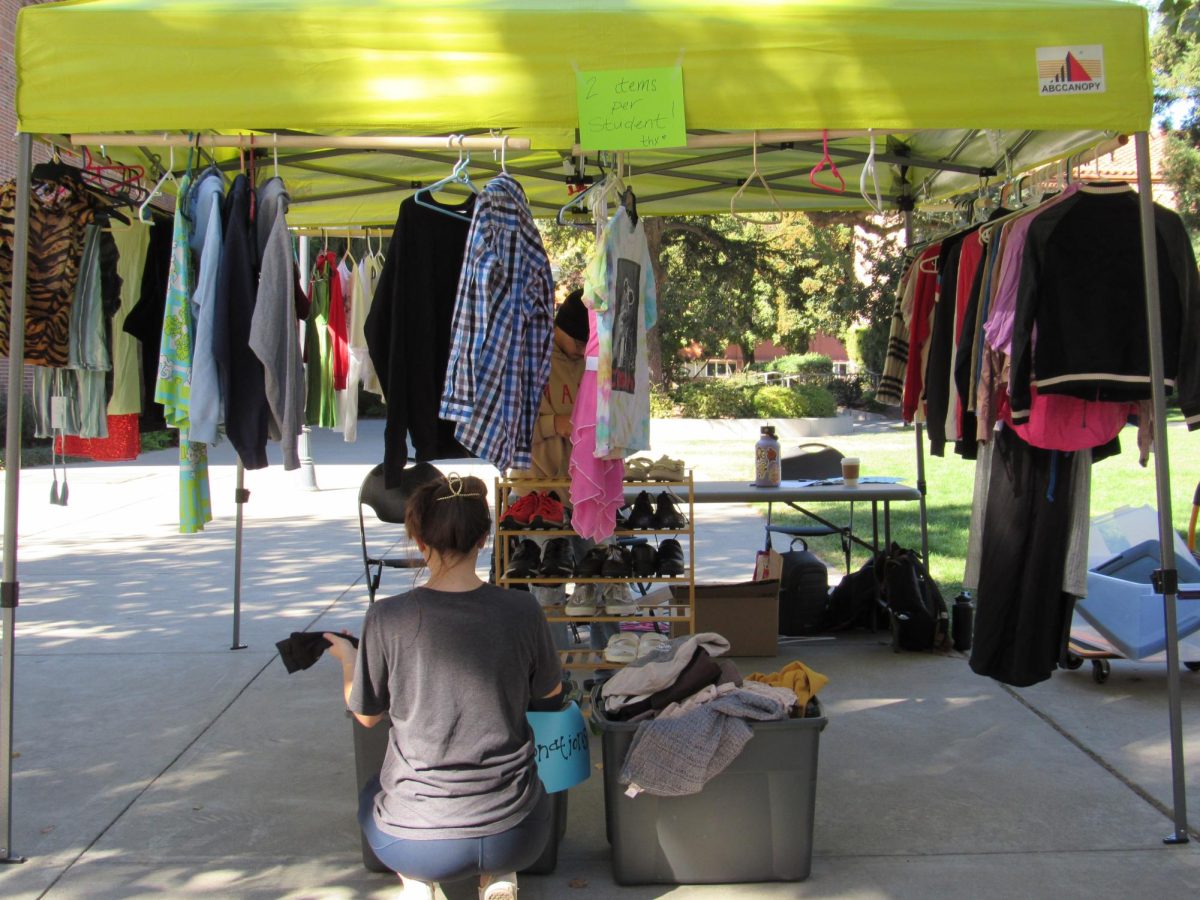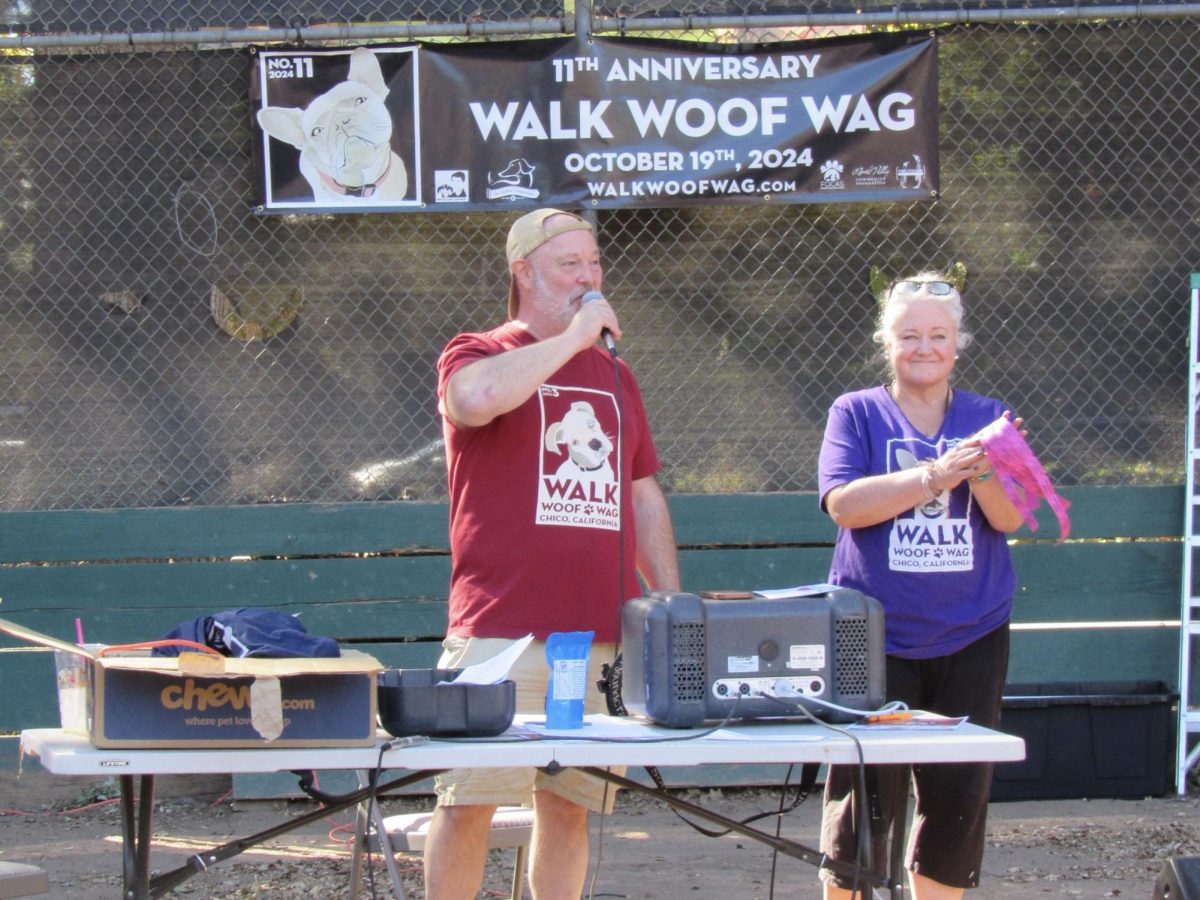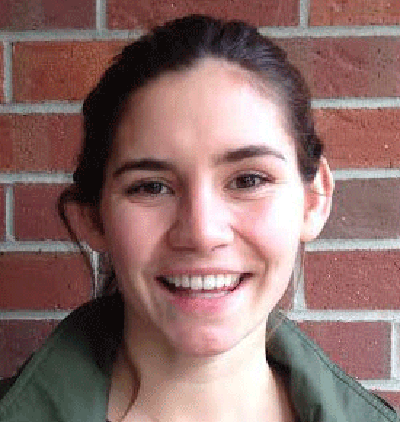
1969 was a year that proved the United States could put a man on the moon. A year remembered for the Woodstock musical festival in New York.
Yet, few remember the oil spill that polluted 35 miles of the California coastline.
On Jan. 28, 1969, an rig exploded on the shoreline of Santa Barbara, resulting in millions of gallons of crude oil escaping into the ocean.
This environmental calamity was the catalyst that eventually lead to the creation of Earth Day.
The man-made disaster was a wake-up call, said Sen. Gaylord Nelson of Wisconsin in 1969. He organized the first-ever environmental sustainability movement.
On April 22, 1969, 20 million Americans participated in peaceful protests to demonstrate in support of the environment. These protests fought against oil companies, power plants and other corporations that could harm the Earth.
Within a couple years, April 22 became recognized as a national day of environmental consciousness — Earth Day.
Today, Chico State honors Earth Day by putting on ecofriendly awareness events.
- 10:30 a.m. to 1:30 p.m. — The Earth Day Extravaganza will be held in Trinity Commons. This event encourages students to be environmentally aware while participating in fun activities.
- Noon to 2 p.m. — The film “Thin Ice” will be shown in Colusa Hall, room 100.
- 2 p.m. to 4 p.m. — A panel discussion will be held, called “Whose Business is Sustainability?,” to encourage students to become part of the conversation involving environmentally friendly choices.
- 4 p.m. to 6 p.m. — The film “In Organic We Trust” will be shown in Colusa Hall, room 100.
The university is doing a good job at recognizing the importance of Earth Day, said Rachel Teasdale, associate professor in the geological and environmental science department.
“Chico State has a variety of organizations that are actively engaged in environmentally sustainable activities,” Teasdale said, “including educating our students and reaching out to the community to increase the environmental literacy of our society.”
It is important to keep strengthening the ecofriendly strategies that are already in place, she said.
“Students can adopt practices that minimize their footprint in terms of carbon emissions, water use and other sustainable practices,” Teasdale said. “We’ve all learned ‘reduce, reuse, recycle,’ and of course that’s a great practice.”
Chico State has also implemented various sustainable practices in many different areas, including:
- University Purchasing & Campus Stores
- Landscaping & Grounds
- Travel & Transportation
- Energy & Utilities
- Facilities & Student Housing
- Dining & Food Services
- Communication & Technology
- Waste Management
- Campus Stewardship
Although Chico State practices environmentally safe lifestyles, everyone can still make additional efforts to impact the planet in a positive way, Teasdale said.
By changing one’s perspective, anyone can make a significant difference in helping the Earth thrive, said Glen Pearson, part-time lecturer and engineering geologist.
“One thing we need to realize is that we don’t own the Earth,” Pearson said.
While the importance of environmental sustainability is a relatively new concept to the U.S., becoming educated on the importance of going green can allow Chico State students to also make an impact.
“The Earth is the foundation to where we live and everything we do,” Pearson said. “Until you change your attitude, there isn’t much you can do.”
Alisa Thorsen can be reached at [email protected] or @alisathorsen on Twitter.





